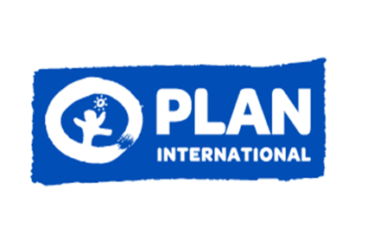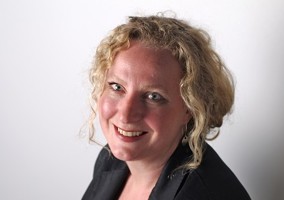Plan International UK’s income rose to £72.6m last year, despite an £11m decline in funding from the Foreign, Commonwealth and Development Office (FCDO).
It dismissed five members of staff in the year to June 2022 after investigating safeguarding concerns about its overseas operations.
The development charity received 66 complaints about its fundraising, compared to 57 the year before.
Plan UK recorded a £2m surplus, compared to a £5m deficit the previous year, with its income boosted by increases in revenue from lotteries and its distribution partner.
It received £4.1m from the Peoples Postcode Lottery, its recently filed accounts show, compared to £1.3m the year before.
The charity received £6.8m from its Plan Ltd, up from £750,000 the year before, which distributes funding from 22 global Plan International organisations.
FCDO funding
FCDO gave £5.5m to the charity in 2021-22, compared to £16.5m the previous year. This included cuts of more than £2m to the charity’s programmes in Ghana and Sierra Leone.
The charity said this was largely due to the conclusion of its FCDO-funded Girls Education Challenge programme.
However, World Bank paid £3.1m to the charity last year, compared to none the year before.
Money from UN agencies also increased by £1.5m to £7.5m.
Meanwhile, Plan UK paid £31.6m to Plan International Inc., of which it is a member, compared to £35.5m the previous year.
Staff dismissed
Plan UK received 32 safeguarding reports from staff, the same as the year prior, with 18 related to its international programmes.
Nine of the 18 international complaints were upheld, with the charity dismissing five staff members and giving one a formal warning.
The charity’s staff costs increased to £13.5m (from £13.3m) with its average full-time equivalent number of employees increasing to 251 (from 243).
Plan UK’s chief executive Rose Caldwell received £151,000 in 2021-22, compared to £149,000 the year before, and was its highest paid employee.
Caldwell’s pay was three times that of the charity’s gross median salary and more than five times that of its lowest paid staff member.
During the year, Caldwell also became chair of Plan International’s national directors team made up of CEOs of the global charity’s
As of April last year, the charity’s median gender pay gap was 3.9%, compared to 5% the year before and national levels of 15.4%.
The charity reported a median negative ethnicity pay gap of minus 0.3%, the first time it has reported a figure, compared to national levels of 2.3%.
Related articles












